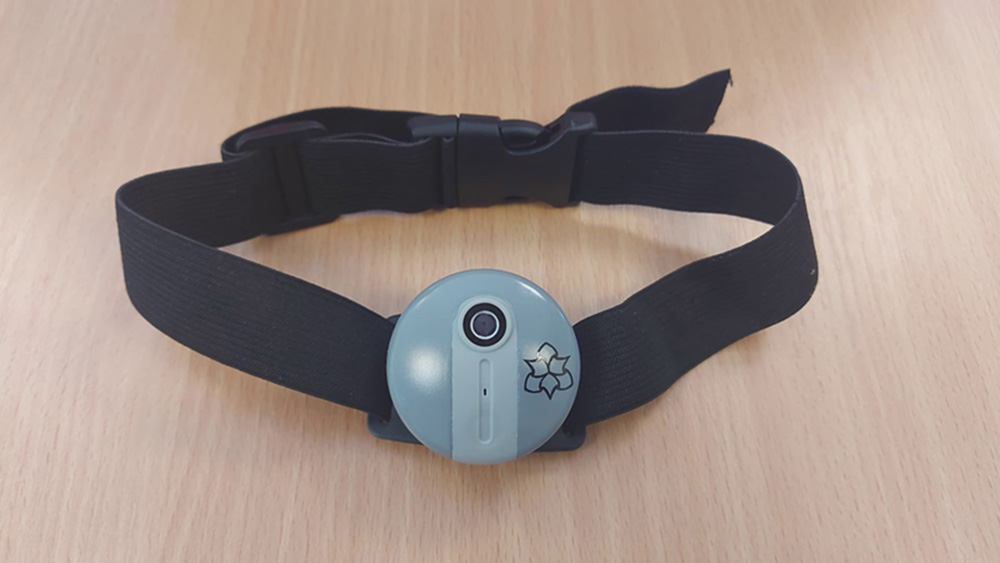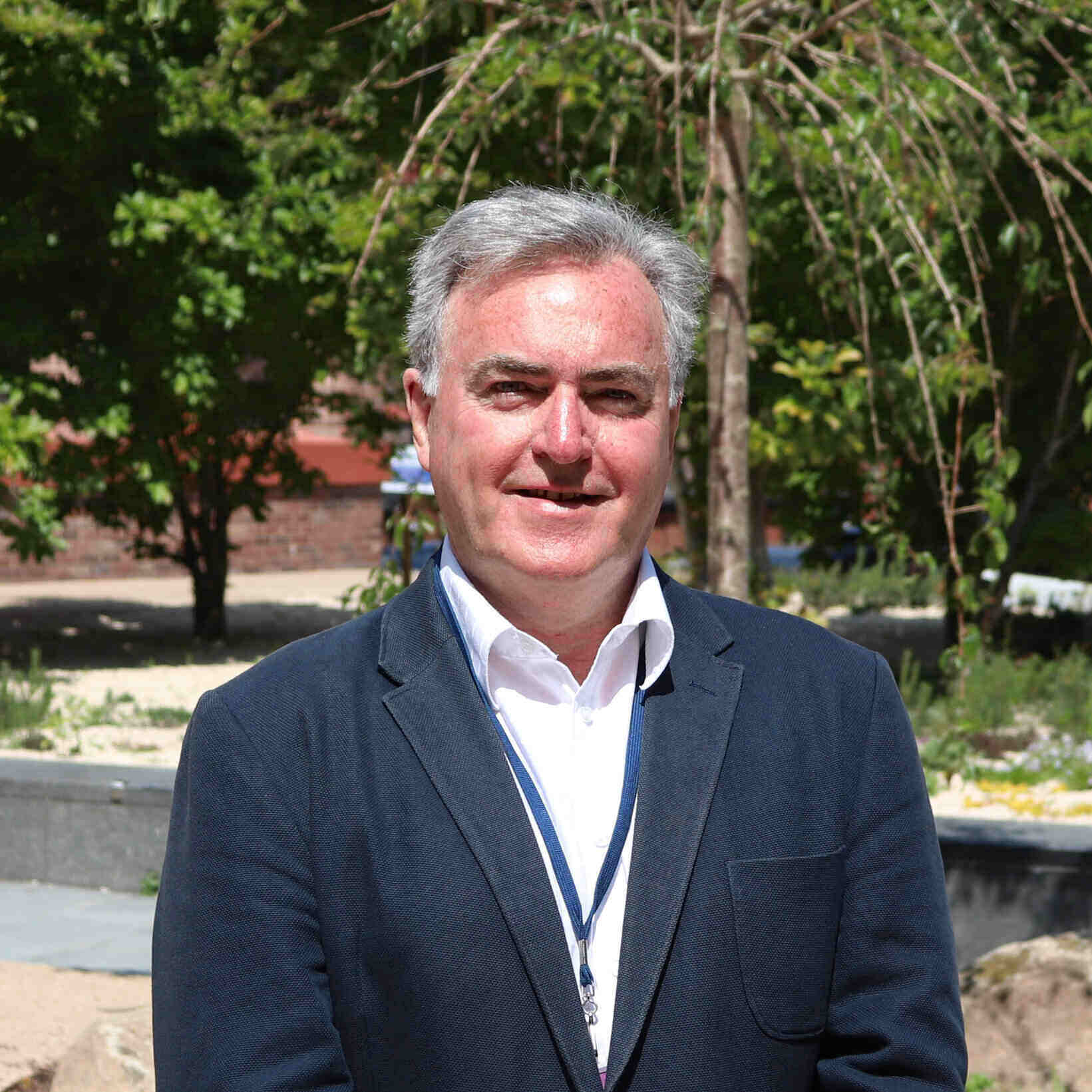Wirral Child Health and Development Study
The Wirral Child Health and Development Study started in 2006. The study was originally established to identify early social, emotional and biological risks and processes involved in the development of childhood conduct problems.
We recruited first-time pregnant women aged 18 years and above at their 20-week scan appointment, in the antenatal clinic at Arrowe Park Hospital, Wirral, Merseyside, between March 2007 and December 2008. Just under 70% of eligible families kindly agreed to participate in the study at that time, and we have continued to follow their progress. We are currently funded to follow the children up to 16 years old.
The study is run jointly by Professor Jonathan Hill from Manchester Metropolitan University (MMU) and Professor Helen Sharp from the University of Liverpool. The study was set up with the support of Wirral University Teaching Hospital NHS Foundation Trust and continues now to be supported by Wirral Community NHS Foundation Trust and Cheshire and Wirral Partnership NHS Foundation Trust. We have a team of research staff who work closely together to complete a range of assessments with family members at different points during development, and more recently support families completing questionnaires remotely from home.
The study was funded by the Medical Research Council for fourteen waves of data collection up to 2018. The age 12 data collection was funded by the CWP NHS Foundation Trust and the NIHR HPRU in Emerging and Zoonotic Infections, the Centre of Excellence in Infectious Diseases Research (CEIDR) and Alder Hey Charity, with support from Liverpool Health Partners and the Liverpool-Malawi-COVID-19 Consortium. The age 13 data collection is funded by the University of Reading and a British Academy Small Research Grant awarded to Dr Nicky Wright, a Senior Lecturer at MMU. The age 15-16 year data collection is funded by MMU internal funding awarded to Dr Nicky Wright.
Aims
This study aims to find out why some young people develop emotional and behavioural problems, and what factors lead to them persisting. We know that these difficulties often emerge in childhood and for some young people develop into more serious problems later in childhood, adolescence and adulthood. We want to understand what factors contribute to problems both persisting and desisting.
Previous research suggests many risk and protective factors may play a role. These include:
- Stress during pregnancy or in early life
- Aspects of the parent-child relationship, genetic make-up
- Family relationships
- Peer relationships
- Support from the wider community
- Cognitive (mental) and language development
- Physiological development
- Children’s emotional reactions to situations or events
- Poverty and social circumstances
- Life stressors.
We also know that there is likely to be a complex interplay between these factors and we hope to discover which are the most important in early life and over time. It is important to identify sources of resilience that might make it less likely that behavioural and emotional difficulties will develop. Such factors include individual characteristics of children that make them resilient when faced with difficult events or stressors, and parenting qualities that might reduce the risk that such difficulties will develop in children who are vulnerable in other ways. We are also interested in whether some behaviours develop which are beneficial in the short term but prove to be far less beneficial if they persist longer than the situation warrants.
Shining a light on possible sex differences in the routes to child mental health problems - We are particularly interested to investigate whether the risks and protective factors are the same for boys and girls, because our findings to date have suggested that child mental health problems may arise in different ways in boys and girls. Such differences may well have important implications for the targeting and nature of early interventions that might best be used to help children and families in the future.
The young people in the study are now adolescents and facing the challenges of puberty and the social and academic challenges of secondary school. Adolescence is a time when we see an increase in depression symptoms in girls, the start of the elevated rates of depression in females observed throughout the lifespan. We have expanded the focus of the study to try and understand the risk and protective factors for this increase in emotional problems.
Some of the additional factors that may be particularly important for child and adolescent mental health during this time include:
- Experiences with social media
- Friendships, bullying and isolation
- Physical activity levels and physical development
- Engaging in risky behaviours
- Physical, hormonal and psychological changes associated with puberty.
We have all experienced a major disruption to our lives from the COVID-19 pandemic. We have also collected information from families on the impact that the pandemic had on their lives, and have been collecting repeated questionnaires to allow us to understand the long term mental and social health effects.
How is the study progressing?
We successfully recruited 1286 first-time mothers, partners and babies during pregnancy and are now following the families until the children reach 13 years of age. We plan to continue following the families throughout adolescence, but we will have to apply for further funding to do this, and each family will be asked if they are happy to continue taking part. It is important to say that many children in the study will develop without emotional or behavioural difficulties, some will have transient difficulties, and some will have problematic behaviours or emotional difficulties that persist over time. It is important to study all of these children.
We have followed all of the families and have asked for information from each family on nine occasions from pregnancy to age 12 years (20 weeks of pregnancy, birth records, 9-12 weeks old, 14 months old, 3½ years, 4½-5 years, 7 years, 9 years, 12 years and 13 years) and are currently collecting information at age 15-16 years. The whole sample is known as the “extensive sample”. We have asked for information from partners on five occasions.
In addition, during late pregnancy, a subgroup of just over 300 mothers reporting differing levels of stress during pregnancy agreed to tell us about their lives in even more detail. This subgroup is called the “intensive sample”. So far, these mothers have completed detailed interviews about their lives and have let us observe their children at additional time points to assess their emotional, physiological, behavioural, and cognitive (mental) development in our child development lab at the study base in the Lauries Centre, Birkenhead. These times were at 4 weeks, 7 months, 14 months, 2½ years, 4½ - 5 years, 7 years and 9 years of age. Most families in this intensive part of the study will have now completed fourteen sets of assessments in total since pregnancy by the time their child started school.
Gathering information from multiple people is important for scientific research, as findings are always much stronger when based on reports from several different people. Children can behave differently in different settings, such as at school, where things are often more structured than life at home,e and this can be challenging. It’s important to know how this affects young people.
We have published various findings in scientific journals and they are all available on our publications page.
Our latest study newsletters for young people and primary caregivers are available to download below:
- Wirral Child Health and Development Study Young People Newsletter (PDF, 2.6MB)
- Wirral Child Health and Development Study Primary Caregiver Newsletter (PDF, 1.1MB)
Thank you!
We are very grateful to all the families taking part in the study who have given their time and energy to help us meet the study aims. We hope that the study design, quality and frequency of assessments will enormously improve our understanding of the developmental pathways to behavioural problems and will improve the chances of developing effective therapies or treatments to help families in future.

Teencam Pilot Study
The aim of the Teencam study is to test out a new method of recording parent and teenager interaction at home.








